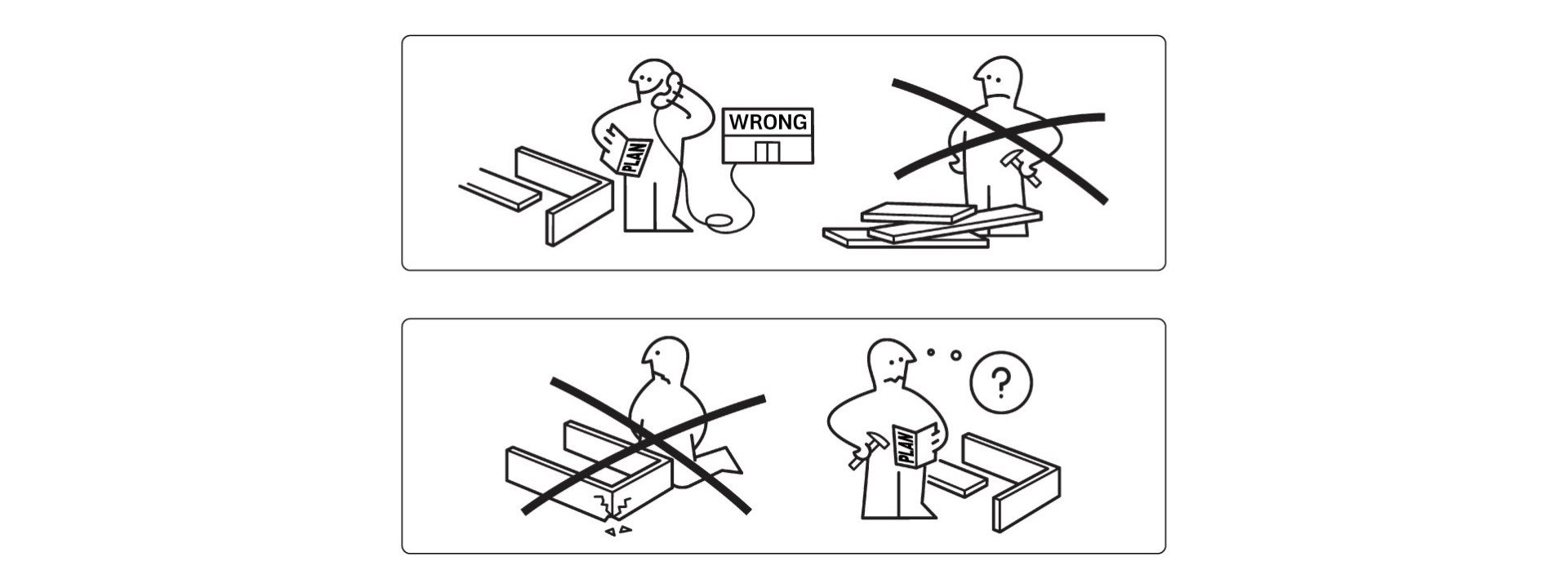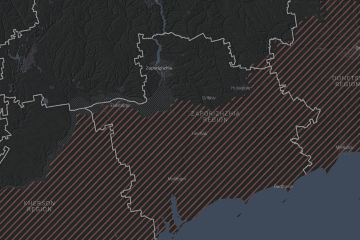A day before the Summit on Peace for Ukraine, where global leaders gathered to discuss Ukraine’s roadmap to peace, Vladimir Putin proposed his own “peace plan.”
What’s wrong with it? Short answer: everything.
On June 14th, just before the Summit on Peace for Ukraine in Switzerland, Russia’s self-proclaimed president Vladimir Putin laid out his so-called peace plan during a meeting with Russia’s Ministry of Foreign Affairs.
Let’s break down his main demands and why they are problematic:
1. Ukrainian troop withdrawal: Putin wants Ukraine to pull all its troops out of Donetsk, Luhansk, Kherson, and Zaporizhzhia regions, and not just the areas currently occupied by Russian forces. This essentially means giving up sovereign territory.
2. Abandon NATO plans: Putin insists that Ukraine must officially abandon its plans to join NATO. This demand is part of Russia’s longstanding narrative, claiming that the fear of NATO expansion is a reason for its illegal war in Ukraine. Russia portrays NATO as a mythical threat to its security to justify its aggressive actions again and again.
3. Territory recognition: Ukraine must recognize Crimea, Sevastopol, Donetsk, Luhansk, Kherson, and Zaporizhzhia as Russian territories. Once again, this goes against international law and each country’s right to its sovereign territory.
4. Formal treaties: All these conditions must be set in stone through international treaties.
5. Lift sanctions: Lastly, Western sanctions against Russia need to be lifted, an action that would be a signal that anyone can start and end illegal and genocidal wars with impunity.
Ukraine’s Ministry of Foreign Affairs quickly responded, calling Putin’s conditions misleading and pointing out that he is not seeking peace but rather the division of the world.
During the Summit on Peace for Ukraine, the leaders of Western European countries such as Italy and Germany have firmly rejected ceasefire terms proposed by Vladimir Putin to halt the war in Ukraine.
Italy’s Prime Minister Giorgia Meloni described the Russian president’s proposal as “propaganda,” essentially demanding that “Ukraine withdraw from Ukraine.”
German Chancellor Olaf Scholz dismissed it as a “dictatorial peace.”
Is Ukraine’s peace plan any better?
We think so, yes. The Peace Formula, based on the UN Charter and proposed by Ukraine back in September 2022, includes ten crucial points:
Radiation and nuclear safety
Food security
Energy security
Release of prisoners and deported persons
Restoration of Ukraine’s territorial integrity
Withdrawal of Russian troops and cessation of hostilities
Restoration of justice
Ecological safety
Preventing escalation and repetition of aggression
Confirmation of the end of the war
President Volodymyr Zelenskyy emphasized that Ukraine’s Peace Formula aligns with the UN Charter and has received wide support from the UN General Assembly, the G7, the European Union, and the Council of Europe. In stark contrast, Putin’s “peace” plan has been recognized as manipulative and has been condemned by world leaders.
The Ukrainian Ministry of Foreign Affairs highlighted that Putin’s ultimatums aim to mislead the international community, undermine diplomatic efforts for a just peace, and disrupt the global consensus on the UN Charter’s principles. Fortunately, the global community has not been swayed by these tactics.
Does this mean Ukraine is ready to negotiate with Russia?
No. Ukrainians refuse to negotiate with Russia because, as we see above, Putin’s demands undermine Ukraine’s sovereignty and violate international law. However, Ukraine remains open to talks based on its own Peace Formula, which aligns with the UN Charter and emphasizes justice and territorial integrity. At the Summit on Peace for Ukraine, Andrii Yermak, Head of the Office of the President of Ukraine, made it clear that Ukraine is open to talks with Russia but won’t budge on its territorial integrity, independence, or sovereignty. “No compromise on independence, no compromise on sovereignty and territorial integrity,” Yermak said, also highlighting the importance of presenting Ukraine’s peace plan to a Russian representative, possibly at the next summit.
So the distinction is clear: “peace talks” are welcomed as a path to a just resolution, while “negotiations” that compromise Ukraine’s sovereignty are unacceptable.
And this seems reasonable, taking into account that Ukraine did not ask for this war to begin with, and Russia making more demands is almost too absurd to be true. Let’s be clear—Putin knows Ukraine will never accept his terms, which is precisely why he offers them. History shows that when Putin gets what he wants, it only emboldens further aggression.
The verdict
Putin’s so-called “peace plan” is fundamentally flawed because it imposes demands solely on Ukraine without requiring any significant concessions from Russia, undermining Ukraine’s sovereignty by demanding recognition of Russian control over its territories. It contradicts international law and the principles of the UN Charter, which emphasize respect for national sovereignty and territorial integrity. Additionally, the plan is seen as a manipulative tactic to mislead the international community and buy time for further military preparations.

-5adb65e550f9dec24a01a35019e4b6b5.jpg)


-29a1a43aba23f9bb779a1ac8b98d2121.jpeg)

-0666d38c3abb51dc66be9ab82b971e20.jpg)
-35249c104385ca158fb62273fbd31476.jpg)


-554f0711f15a880af68b2550a739eee4.jpg)